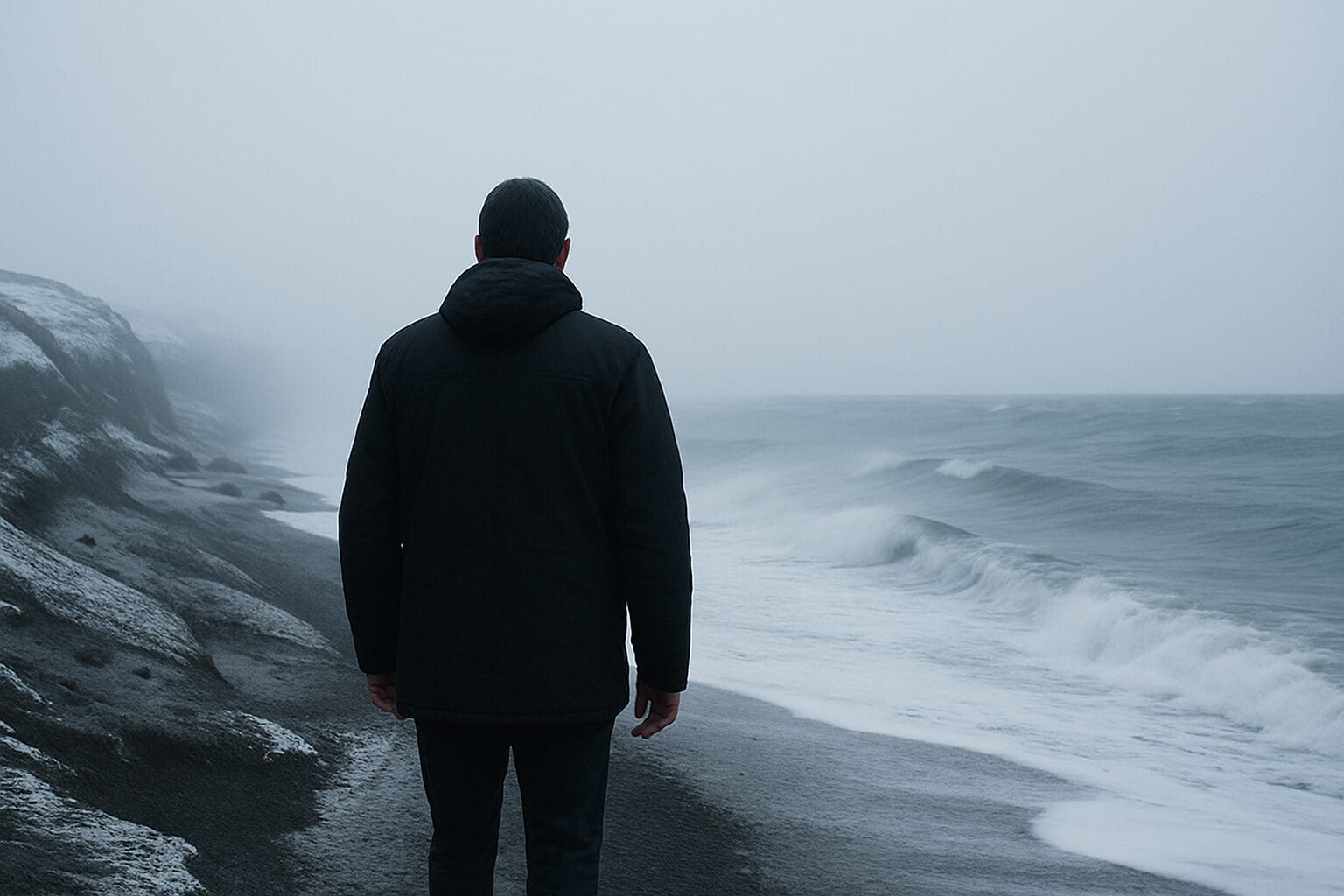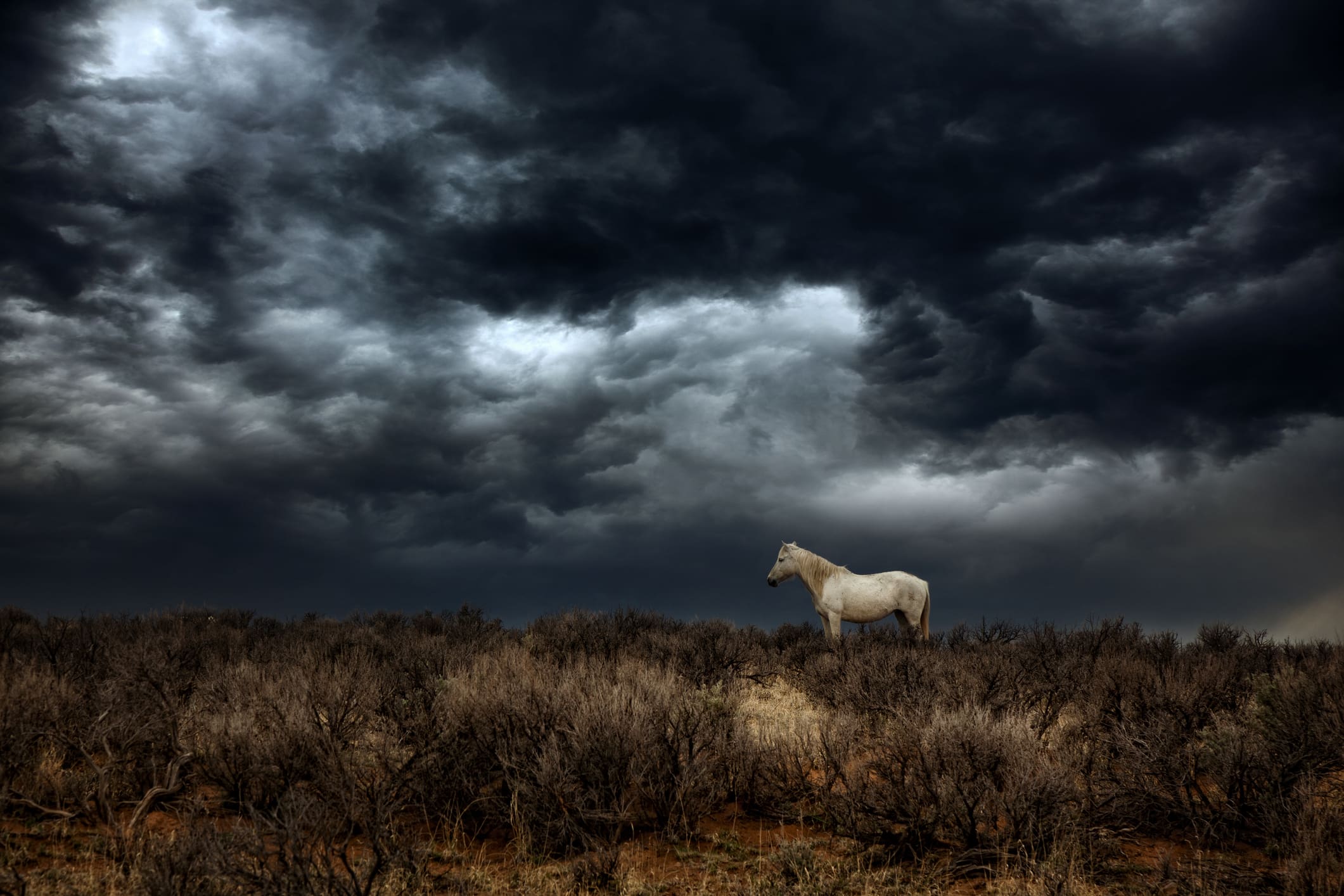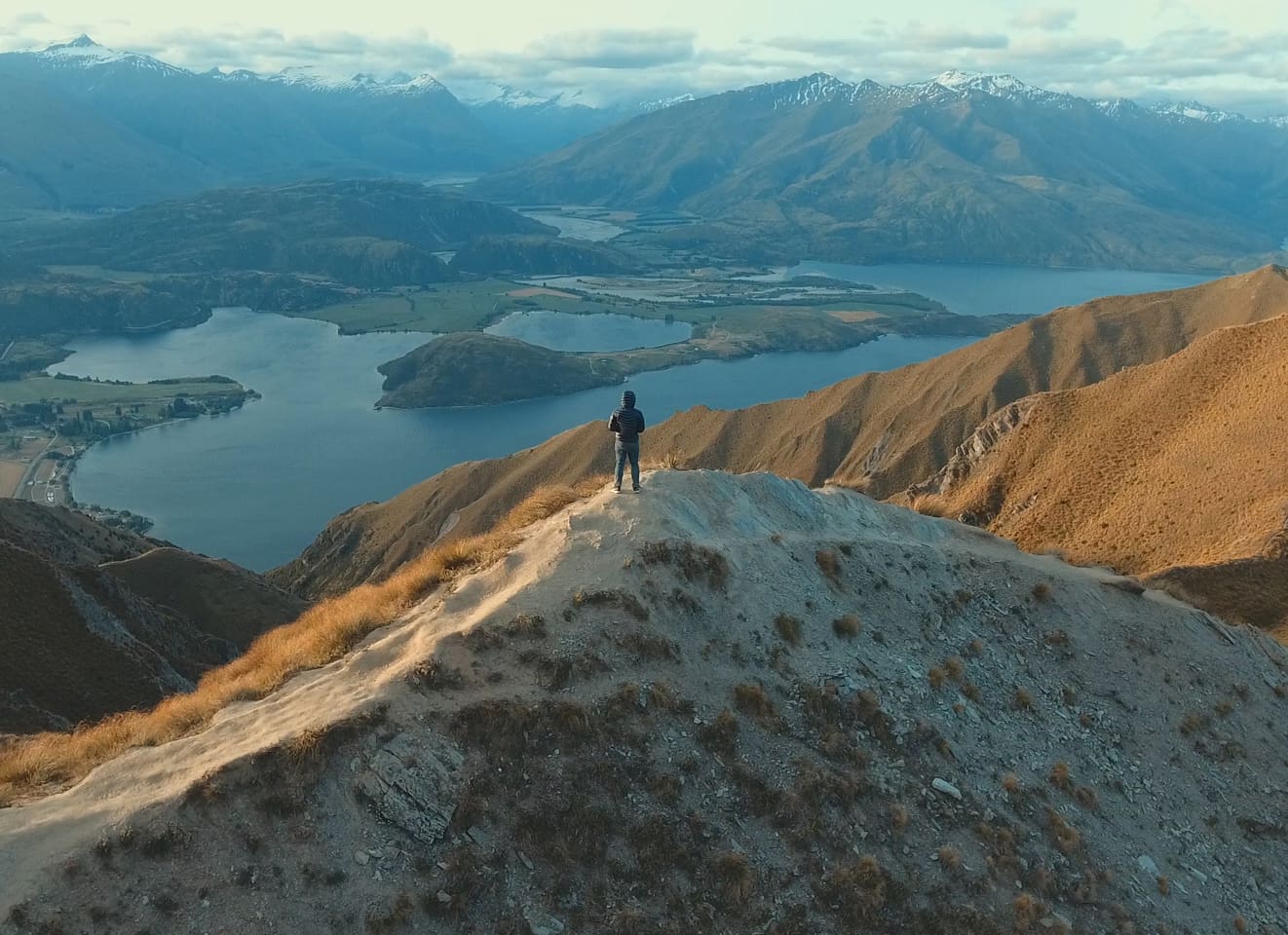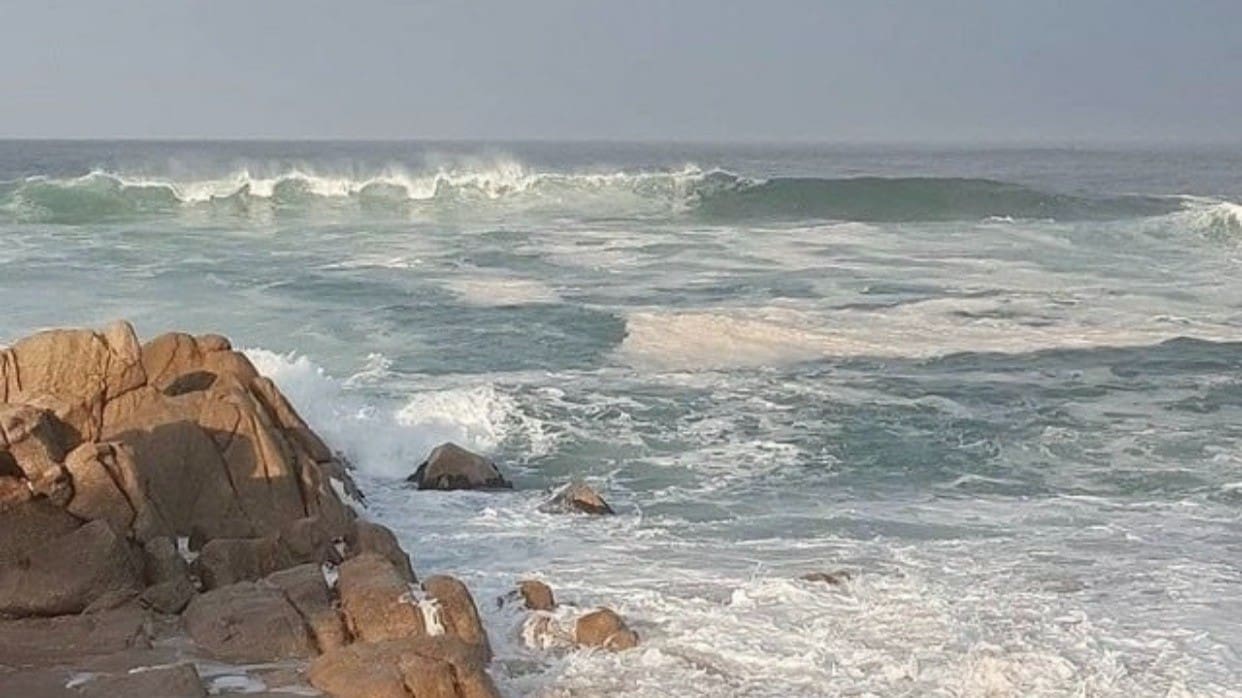A wandering essay on the quiet, murky, liminal space after a Very Big Chapter ends
By Kate Allinson June 2025
I’ve always been curious about what happens in the blank bit. That bit after the big job ends but before the next thing makes sense. I’ve been watching it unfold in a few of my friends lately – the ones who used to run systems, move markets, speak fluent spreadsheet – and who now, when you ask what they’re doing these days, pause longer than feels comfortable. They’re not burnt out, exactly. They’re not on sabbatical either. It’s something… else. Something harder to name.
It’s not rest. Not really. There’s nothing restorative about waking up at 2am with a vague panic that you’ve slipped out of orbit and no one noticed. Or that you’ve worked 60-hour weeks for twenty years and now can’t bring yourself to send an email about a possible consulting gig because your whole body just… doesn’t want to. It’s not a clean break, but more like a soft unraveling. An existential sigh that takes a year to fully exhale.
And so, I’ve been asking – quietly, sideways, over early morning hikes in Boulder and coffees that go cold when you’re so deep in conversation with people who used to run countries and companies and now find themselves googling things like “eco-village Bali but not culty” or “what does a strategist do if the strategy no longer matters.” It’s the pause and the murky, itchy, not-yet place.
And I think maybe, just maybe, it’s sacred.
A thing I’ve noticed is that very smart people do not like not knowing. They don’t tend to have a high tolerance for flailing. These are people who’ve spent decades being competent, decisive, productive, and needed. They’ve been the ones who get called in to fix the thing. And then something happens, whether it’s a reorg, a resignation, a quiet internal no that gathers under the ribs like a pressure system, and the role ends. And for a little while, they think they’ll use the time “well.” Write the book, coach a few founders, go to Peru. But something else starts to happen instead.
They get a little weird.
Like… beautiful, soul-rattling weird.
They start painting again, or join mushroom ceremonies in Oregon, or volunteer to fix the local library’s website, which no one asked them to do, and which they do anyway, with a kind of tender precision that makes the whole town grateful without knowing why. They rewatch all of The West Wing and cry at weird moments. They buy chickens. They sit with aging parents in a way that feels both ordinary and revelatory. They become allergic to anything that smells like personal branding.
And at some point, they admit, with a sheepish shrug, that they’ve got no idea what comes next.
This is not a failure and I wonder if it’s a kind of evolution.
I’ve come to believe that what we call “the pause” is not a neutral space. It’s a living, breathing initiatory passage. It doesn’t just sit there. It asks things of us. It asks us to give up usefulness as an identity. To hold eye contact with the question, Who am I if I’m not being impressive?
And when you’re used to being dangerously and dazzlingly smart the pause can feel like slow death. Because nothing’s rising yet. No frameworks, no five-year plan. Just… a quietness. A long walk. A nervous system that finally gets a vote.
I spoke to someone last week who described it like this: “I used to be the person everyone wanted to pitch to. And now I feel invisible. And don’t tell anyone, but I think I kind of like it.”
I wonder if we’re meant to stay here longer than we do.
Because the thing is, the pause doesn’t always lead to a new job. Sometimes it leads to a new way of being entirely. One that doesn’t fit on LinkedIn. One that might look like doing less but feeling more. One that doesn’t end with a triumphant re-entry into the marketplace of ideas, but instead folds into a slower, stranger life that operates on a different logic entirely. One with community in it. And chickens. And fewer meetings about innovation.
And, okay, maybe no book deal. But possibly a much better poem.
I don’t have a neat theory about any of this. I just know that the smartest people I know, the ones who’ve thought the most, achieved the most, built the most, tend to hit a point where thinking stops working. Where achievement feels thin, where building things starts to feel like a compulsion instead of a calling. And instead of pushing through, they drop out. Not with fireworks, more like a slow fade. And then they go quiet.
And that’s when something really interesting begins.
Not career-wise. Soul-wise.
So, where do the smartest people go when they hit pause?
They go into the fog. They go into their bodies. They go walkabout in their own lives. They stop trying to leverage their skills and start trying to listen to them. They become a little unrecognisable to the people who knew them before. Sometimes they even become a little unrecognisable to themselves.
They stop thinking in terms of “what’s next” and start wondering: What if I stayed here, in the pause, just long enough to be changed?
And then, if we’re lucky, they come back. But not in the way they left.
They come back weirder. Softer. More porous. Less certain. More human.
And I believe the world needs more people like this. Because the future of business is personal. We need them like that.






Comments +